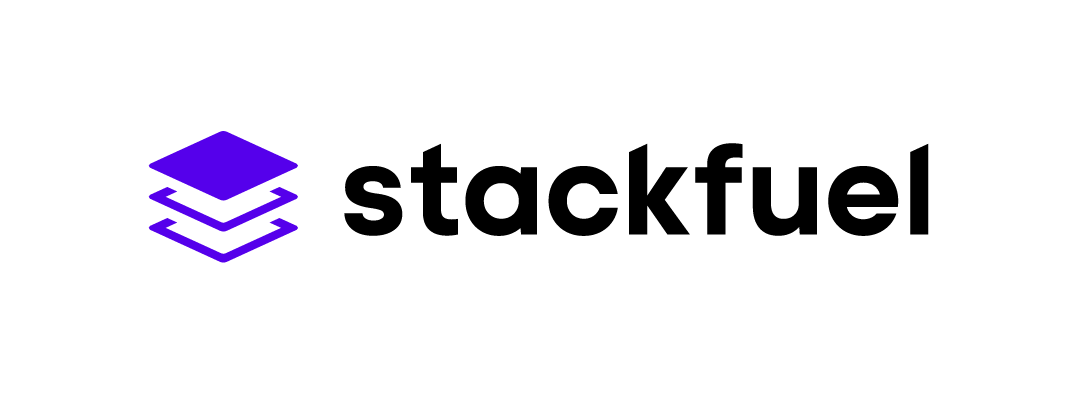Getting started with Python: the online course with all the basics
The basics of automation and initial programming practice for beginners - with lots of interactive exercises

Contents
1. data types
- You will be working in your programming environment - the Data Lab - for the first time and executing your first code commands. You will first learn how Python processes data and texts.
- Using a set of rules, you will learn how data is created, assigned and tested in variables. You will then learn how to read common error messages and practise using them productively in your day-to-day work.
- You will get to know basic Python standard functions such as type() or str() and use them in application examples.
- After you have learned about the if statement and can use it to link the flow of your code to conditions, you will conclude the chapter with the first part of a two-hour mini-project: you will program a user interface that reacts flexibly to user input.
2. flow control
You will learn to work with lists. This allows more flexibility when storing data and is an important prerequisite for advanced programming.
Use lists to expand the functionality of your user interface from the first chapter and complete the first mini-project.
You work with for loops, with which you can automatically execute your code multiple times, and thus reach the next level of programming.
3. functions, modules and methods
- You will complete your programming skills in Python and learn the first advanced techniques. This includes functions and methods.
- You will learn how to define functions independently and thus structure your code better. You will also combine individual programming elements such as conditions, loops and functions in programs.
- Using various methods, you will learn how to import Python modules in the correct notation and ensure overall functionality.
- You will learn how to import and export data as a simple test. You will consolidate what you have learned in this chapter by completing a one-hour mini-project with telephone data.
4. python applications
- You will learn what dictionaries are and how they make your code even more efficient. You will learn about complex data structures that you will need for your final project.
- In a four-hour practical project to create a complex user interface for the automated processing of customer inquiries, you will bring together all the content from the previous chapters.
How do you learn in the course?
This online course offers you a particularly practice-oriented learning concept with comprehensive self-study units and a team of mentors who are available to you at all times. A new chapter is unlocked for you every week. With a time budget of around 8 hours per week, you are sure to reach your goal in 4 weeks. This is how you learn in the course:
Data Lab: In the course's learning environment, you can expect videos, interactive graphics, text and, above all, lots of practical exercises. You carry these out directly in the browser.
Mentor team: Your learning coaches are available to answer any questions you may have. They are experienced experts experts who will be happy to help you - via chat, audio or video call.
Webinars: Once a week, you have the opportunity to take part in webinars and immerse yourself in selected specialist data analysis topics.
Career coaching: What professional goals are you pursuing with your further education and how can you achieve them? A team of mentors is ready to help you achieve your career goals.
Certificate: After the final project - the programming of a user interface for the automated processing of customer inquiries - you will receive your official certificate of participation in this training course.
This online training is provided by our partner StackFuel GmbH. StackFuel specializes in training courses on data literacy, data science and AI.
Your benefit
- In this practice-oriented training course, you will get to know and apply the basic concepts of Python.
- You will learn how to write, execute and adapt your own scripts and programs quickly and easily with Python.
- You will learn all about the use of libraries for reading, processing and saving local data.
- You will learn how to program automations with Python and use them in a wide variety of scenarios.
- You will gain specialist knowledge about using Python for complex data structures and creating simple user interfaces for your applications.
- You not only learn theory, but also apply the methods and techniques in many practical exercises and consolidate your knowledge quickly and sustainably.
- The technical barriers to entry are minimized through the use of Jupyter notebooks, with which you can carry out the exercises directly in the browser.
Recommended for
This training course is aimed at anyone who would like to learn the Python programming language and use it as a versatile general-purpose language, for example in data analysis, software development or web development. The training is also very suitable for career changers without programming experience. No knowledge is required.
Further recommendations for "Getting started with Python: the online course with all the basics"
30815
Can also be booked as English-language training:
Python Basics - Online Training for Beginners





